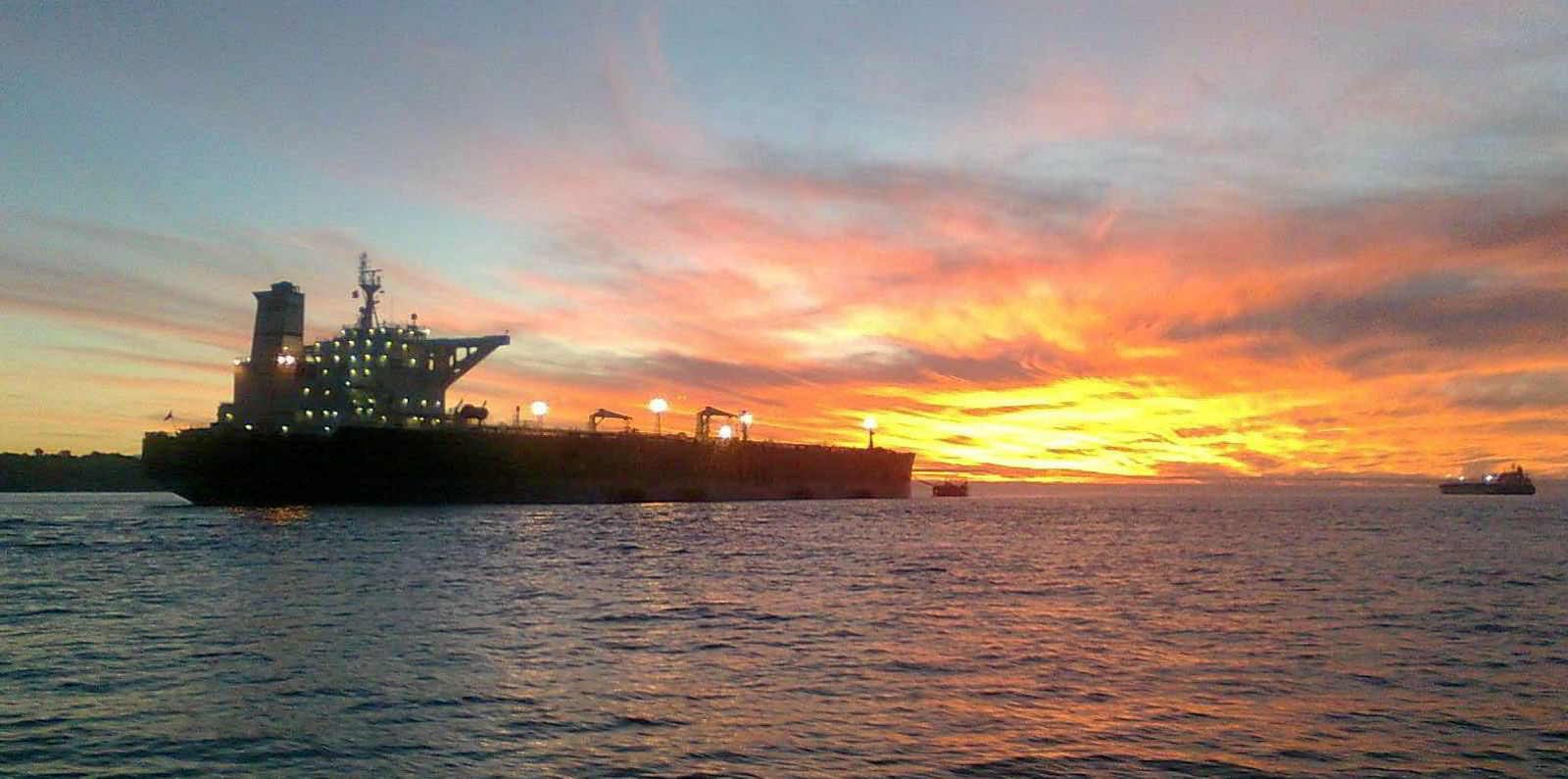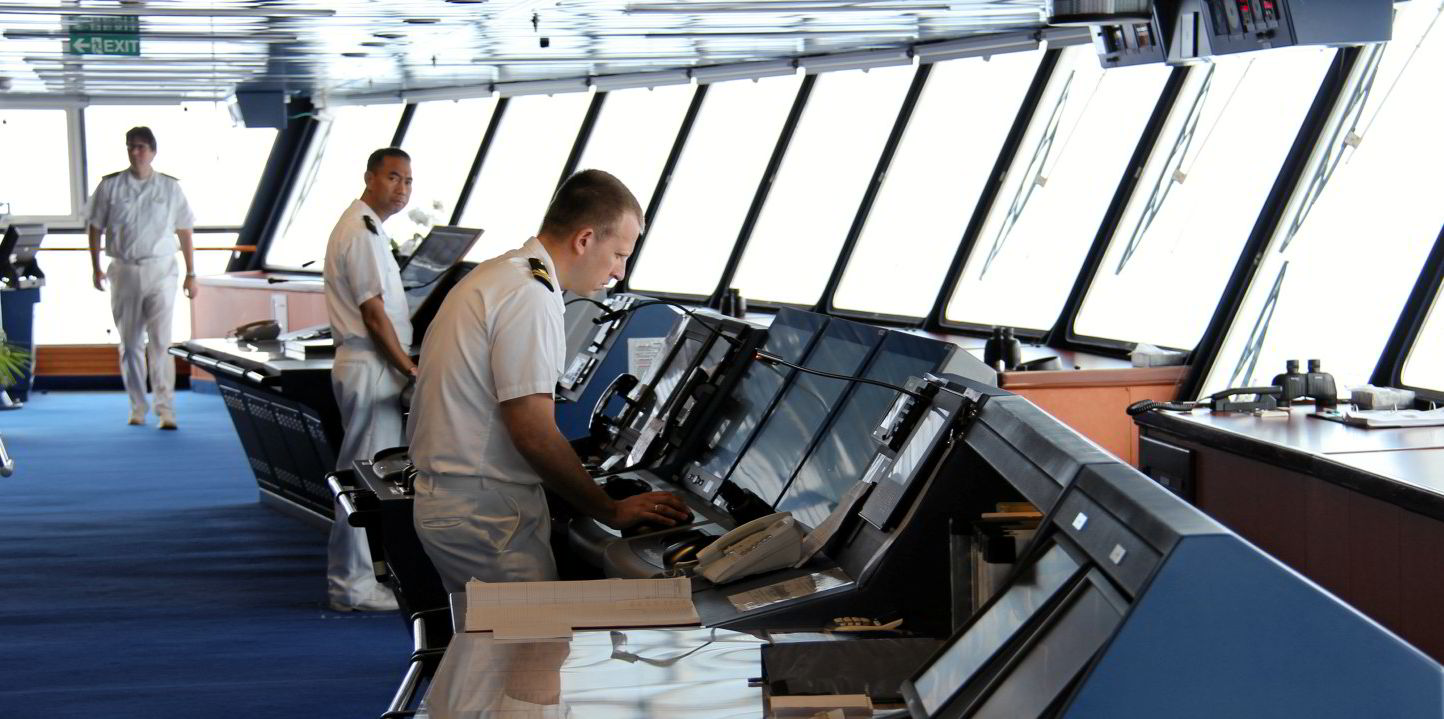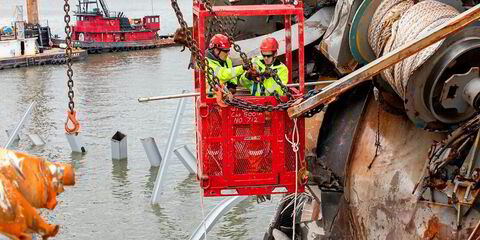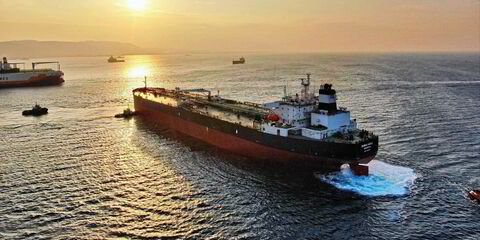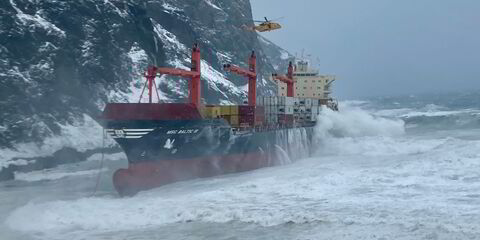For those who have been closely involved in the chartering of oil tankers for the past 50 years, Worldscale has been a consistent and reassuring presence. The brightly coloured Worldscale books have been a constant companion, offering a deceptively simple way to assess freight rates for thousands of voyages.
The claim has always been that it allows shipowners to fix their ships based on broad loading and discharging ranges and, irrespective of the actual load and discharge ports, the return would ultimately be broadly the same.
However, the reality is entirely different.
The simplicity of Worldscale has degenerated into a simplistic process that is no longer fit for purpose. The variations in potential returns can be highly significant to the extent that a profitable voyage can turn out to be marginal once all the figures are in.
Hundreds of "differentials" are introduced in a vain attempt to smooth out the thousands of inconsistencies that inevitably appear and merely serve to highlight the failure of the overall system.
Invidious position
Shipowners find themselves in the invidious position of operating a multimillion-dollar asset, spending hundreds of thousands of dollars on bunkers and other operating expenses before fixing a voyage of indeterminate profitability.
To add insult to injury, freight is then paid after the entire voyage has been completed and demurrage — another scandal — is paid many months later.
This state of affairs has persisted because it has suited the purposes of the ever-dominant charterers as it passes all the risks of the voyage to the shipowner, to the extent that charterers can withhold payment if they are not content or delay the payment of demurrage for spurious reasons.
However, perhaps, this is the time for change.

The very structure of the Worldscale system (as a voyage charter) is entirely silent on energy efficiency. Potential bunker consumption and carbon emissions reductions are sacrificed in the pursuit of the cheapest transportation cost.
Anyone following tanker markets will regularly see vessels of varying modernity, fuel efficiency and geographic location fix similar voyages at similar numbers. Simply put, as long as Worldscale remains the dominant method by which shipowners are remunerated, the interests of charterers, shipowners and the environment will not be aligned.
Existing solution
Incredibly, there is a readily-available solution that the dry cargo and other sectors have been using for decades — the Time Charter Trip (TCT). This is a short-time charter undertaken to perform a single voyage rather than Worldscale, which is based on a longer, pre-agreed duration.
Almost instantly, the problems identified with Worldscale melt away. Most importantly, the TCT makes the charterer responsible for the cost of the bunkers consumed for the completion of the voyage.
As with longer time charters, the charterer now needs to factor in the fuel efficiency and the ballast distance of each candidate vessel.
Fuel-efficient operators are rewarded with higher rates or preferential treatment, while the rest are left to consider their future trading prospects.
For the duration of the TCT, charterers become the disponent owner of the vessel and, therefore, responsible for its carbon emissions and the payment of any applicable fees related to the many proposed or likely regulations of the future.
The fact that hire will now be paid 15 or 30 days in advance, eases cash flow difficulties and provides certainty of income to the shipowner — a guaranteed dollar figure per day. Another fortunate side effect is the abolition of the much-hated demurrage system.
Aligning interests
However, the primary benefit will be the alignment of interests among all stakeholders to promote fuel efficiency and reduce greenhouse gas emissions.
Paper traders have, for many years, pleaded for the abolition of Worldscale as its arcane workings discourage non-shipping participants, thus limiting liquidity and the growth of the sector. To their voice we can now add that of shipowners, who have invested billions in the latest technologies and share the goal of a long-term and sustainable future for shipping.
If charterers’ much-publicised environmental targets are to be taken seriously, they should be at the forefront of the pressure for change and assume greater responsibility for how they move their cargoes around the globe. The retirement of Worldscale would be an important step in the right direction.
George Panayides is chief executive at NS Lemos,
a shipowner based in Greece.
Do you have an opinion to share?
Email: news@tradewindsnews.com(Copyright)
